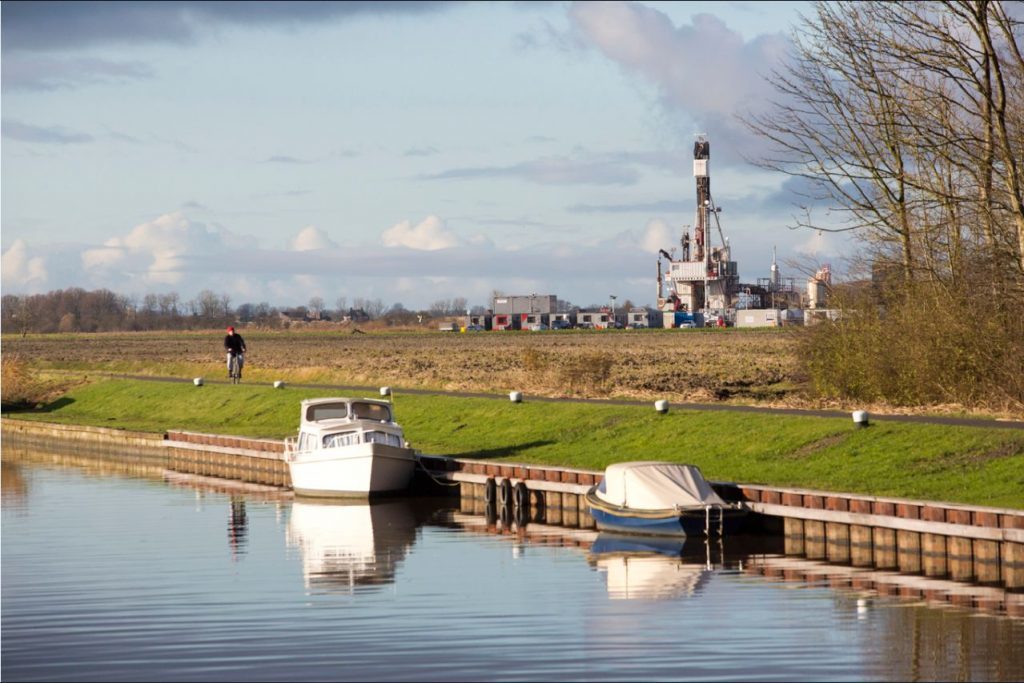
The thought of just two people operating one of the world’s largest gas fields might perplex some, but that’s just what’s happening in the Netherlands.
NAM, a joint venture between Shell and ExxonMobil, has been producing gas from the Groningen field since the early 1960s.
In the mid-1990s, NAM needed to replace older equipment and put in compressor modules to maintain pressure in the field.
The restoration programme led to a 50% reduction in headcount on the field as NAM brought in greater automation, according to Carl Schmitz, Shell’s current operations manager for Groningen.
Mr Schmitz said the area’s 300 wells have been grouped into 20 unmanned “clusters” that are watched from a central control room.
He did say a small number of people were employed to carry out maintenance on the various sites on Groningen, but that no more than two people are stationed in the control room, which is operational 24/7.
It is known as the “control room of next week” at NAM, as the employees monitor the field to “tell us what will happen (or could go wrong) next week if we do not do something”, Mr Schmitz said.
He said the unmanned, automated approach had provided greater consistency and flexibility in managing the huge field.
“If we have five operators starting up a plant there will be five best ways of starting. When you automate you get rid of all that,” Mr Schmitz said during the plenary session on day two of the SPE Intelligent Energy conference in Aberdeen.
Using technology and integrated operations to cut down on manning has been a popular theme throughout the event, which is held every two years to showcase new and developing technologies and expertise by operators, service companies and technology providers.
Mr Schmitz said NAM did not use any conceptual technology in the 1990s, preferring instead to rely on existing equipment and expertise.
He also said the feat could only be achieved if companies had a shared vision that ran from top to bottom.
“If the top of the house does not believe in the idea, then nothing will happen,” he said.
“Then you need people who can and will make it happen. Too often that’s not the way it has been done around here.
“You get all the 47 reasons why is cannot be done. When that happens, you might as well not bother.”
